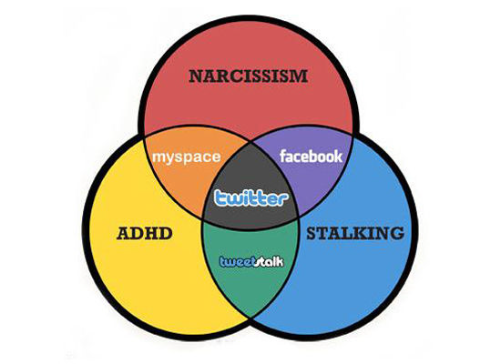NYT columnist Nick Kristof had an uber-provocative Sunday column:
…if the poorest families spent as much money educating their children as they do on wine, cigarettes and prostitutes, their children’s prospects would be transformed. Much suffering is caused not only by low incomes, but also by shortsighted private spending decisions by heads of households.
The Obamzas, a Congolese family from the village of Mont-Belo that Kristof met, say they can’t afford $2.50 per month in fees required to keep their kids in school, or a $6 malaria net to protect them from disease. But mom and dad do use cell phones, which cost them $10 per month, and the Mr. Obamza admits to frequenting the local bars, spending around $12 every month on liquor.
Kristof cites a famous study by Esther Duflo and Abhijit Banerjee called The Economic Lives of the Poor: “the world’s poor typically spend about 2 percent of their income educating their children, and often larger percentages on alcohol and tobacco….The indigent also spend significant sums on soft drinks, prostitution and extravagant festivals.”
Kristof is treading into some very emotional territory here, and has stirred up anger among a few bloggers for playing into harmful stereotypes. We definitely condemn any stereotype of all poor African men as deadbeat dads and drunks, but think it’s legitimate to consider that poor people could behave in counterproductive and irrational ways...just like rich people do.
Imagine another columnist writing about a rich white dad driving while talking on his cell-phone after having a few beers, risking the lives of his children in the car. For that matter, who among us makes perfect, rational decisions about our health all the time?
A growing body of work, including the Duflo and Banerjee study and the recent book Portfolios of the Poor, contributes to understanding the complex economic lives of the poor and chips away at misconceptions about poor people having “nothing,” living hand-to mouth, and immediately spending every penny they receive on food and other absolute basic necessities.
Is it really such a big surprise that the poor also want recreation? That the poor have a life? Including some of the same vices that the rich have?
The larger issue is explaining the seeming irrationality of, for example, Mr. Obamza’s decision to spend his evenings in a bar while his children sleep without a mosquito net. Could it be that outsiders make simplistic assumptions about the perceived value of bed nets to people like Mr. Obamza?
For example, a chapter by Michael Kremer and Alaka Holla in the book What Works in Development shows that demand for bed nets (and other life saving technologies like de-worming drugs or water disinfectants) collapses once you change from giving them away for free to charging even a tiny amount. Does this show that some parents don’t think saving their child’s life is worth spending even a very small amount of money? Maybe, but more likely it indicates that there is something wrong with our assumptions, as Kremer and Holla explore.
Perhaps it is that parents do not really believe in the efficacy of nets, drugs, or water purification tablets. Going even further than Kremer and Holla, we speculate that belief in the scientific theories underlying all these products is not so easy to achieve in a poor society. Rich people believe in scientific medicine not only based on their education, but also because they see it working for themselves and everyone around them. Scientific medicine is a harder sell in a society that has never had a well-functioning health system to demonstrate its benefits.
Researchers are testing these and many other possible explanations (here the randomized controlled trials are actually more useful, compared to blanket statements like “nets work”). We are just as worried about stereotyping the poor as anyone else, but we’re also glad the previous taboo is falling. The efficacy of aid interventions depends very much on understanding the behavior of the poor.
 From Aid to Equality
From Aid to Equality












